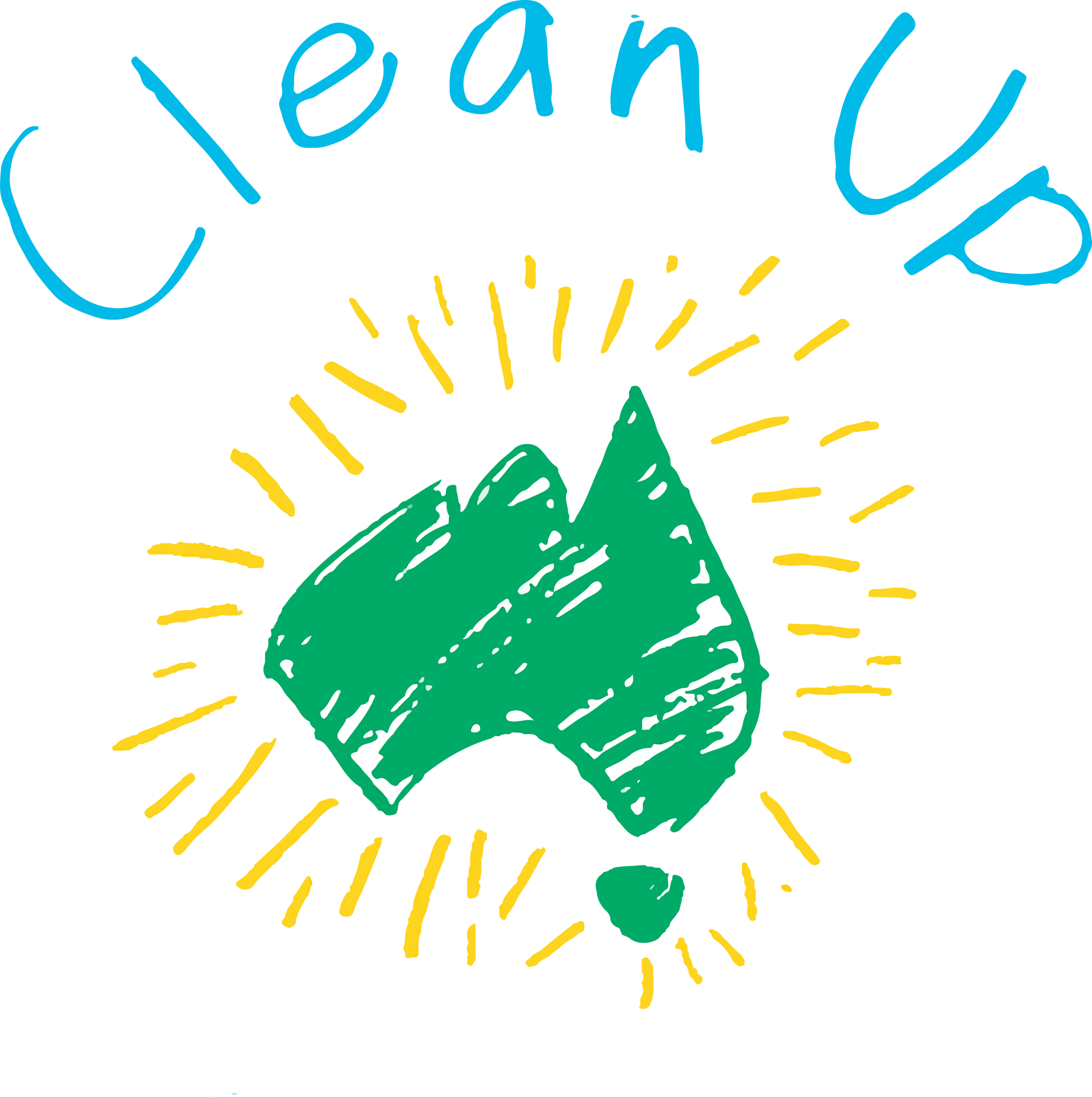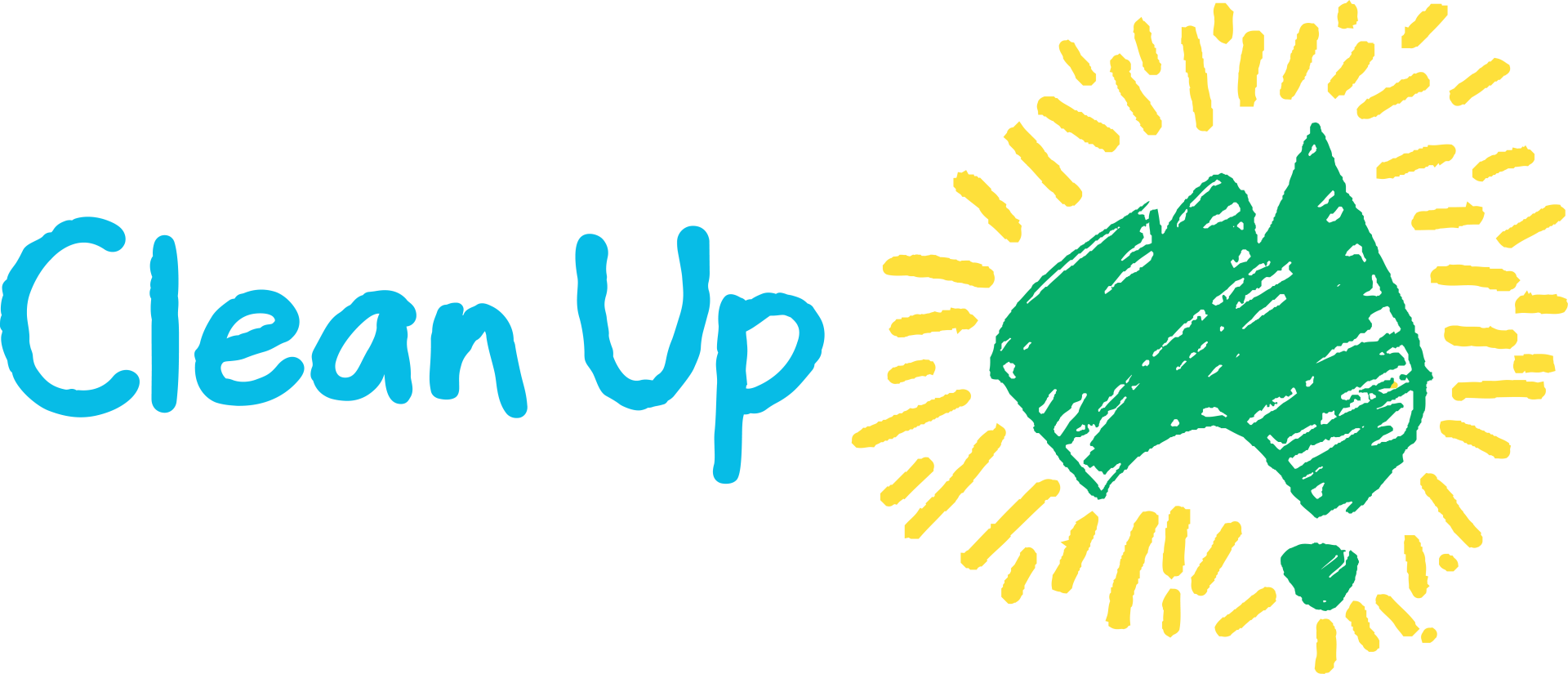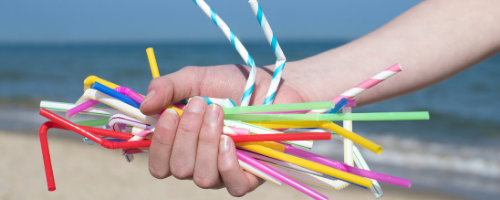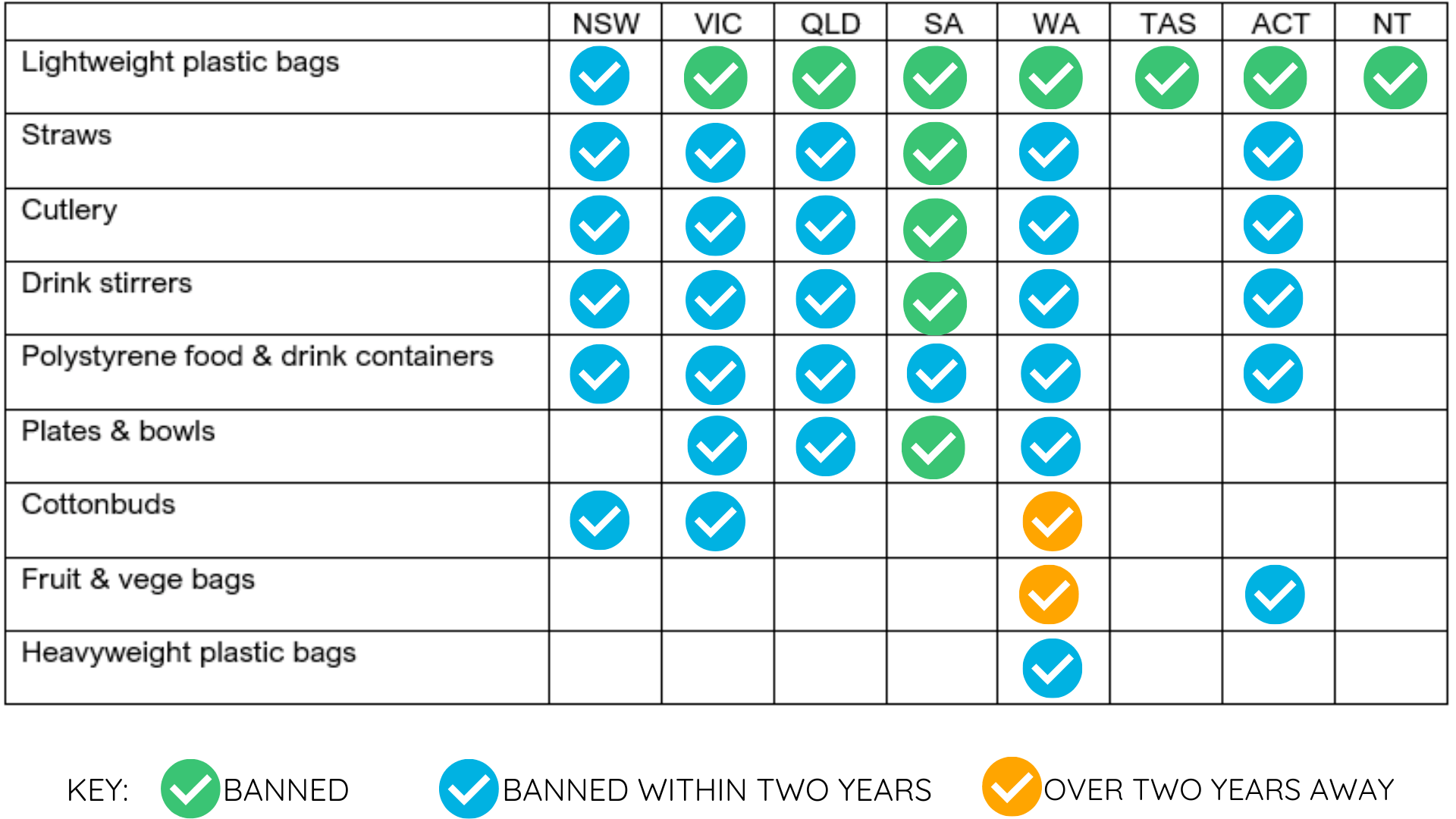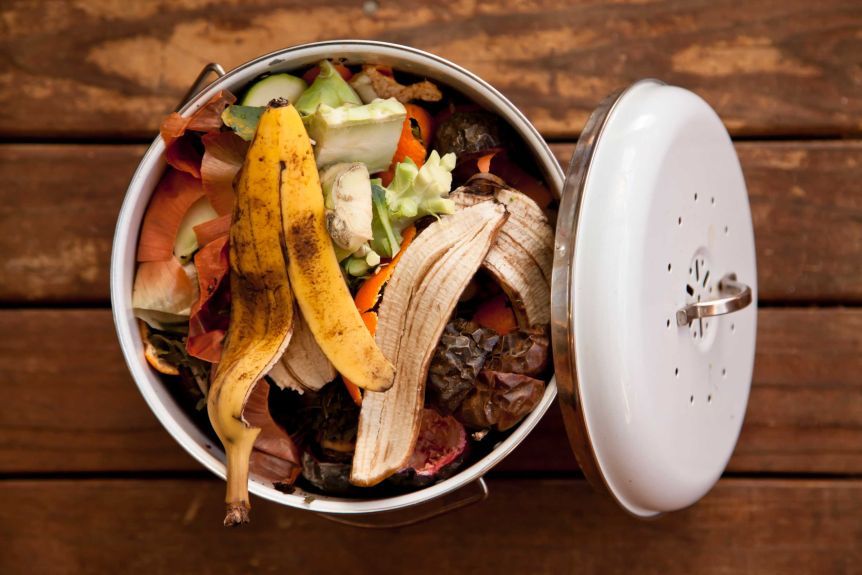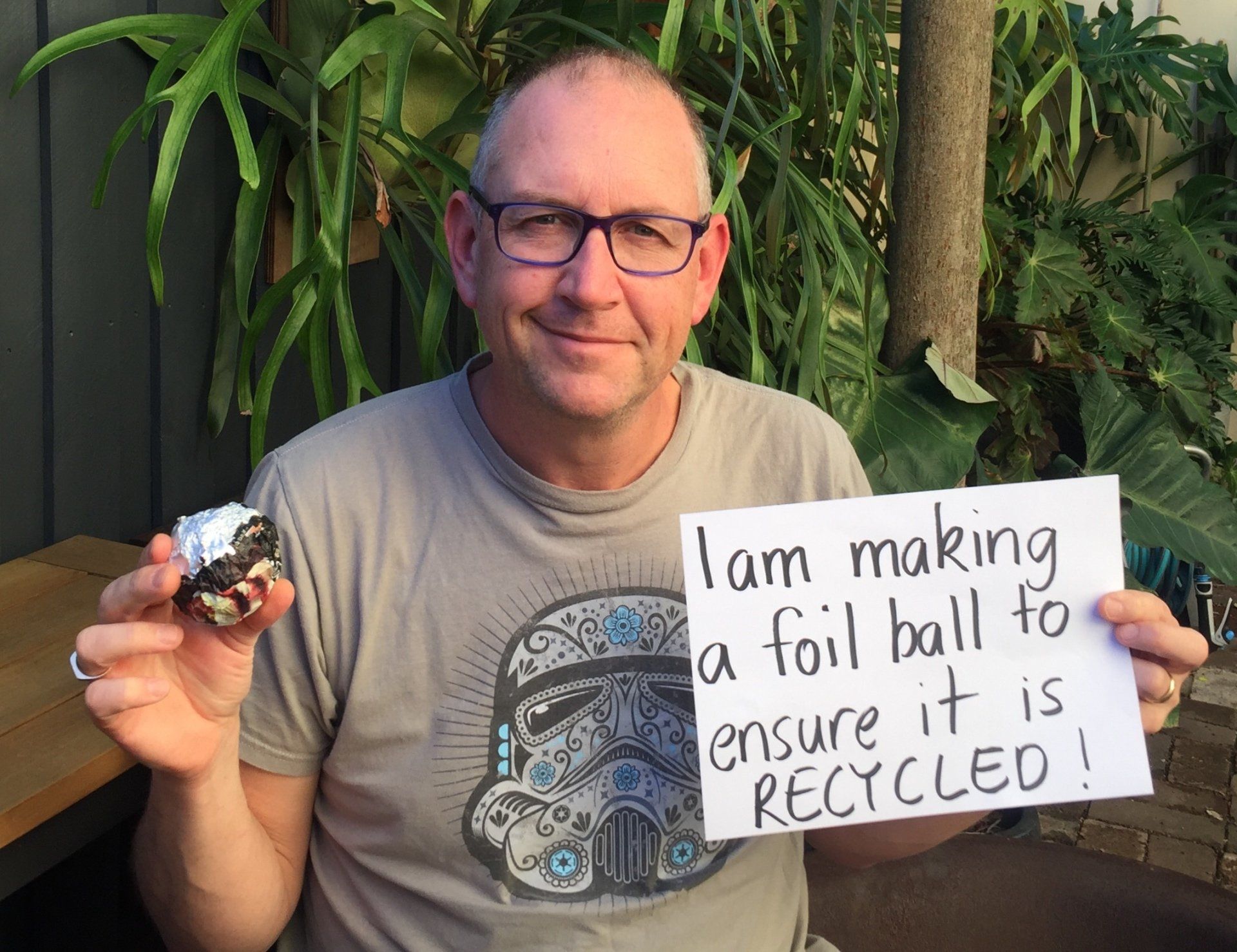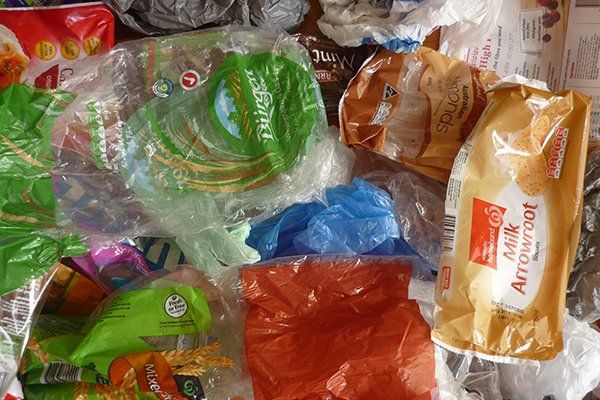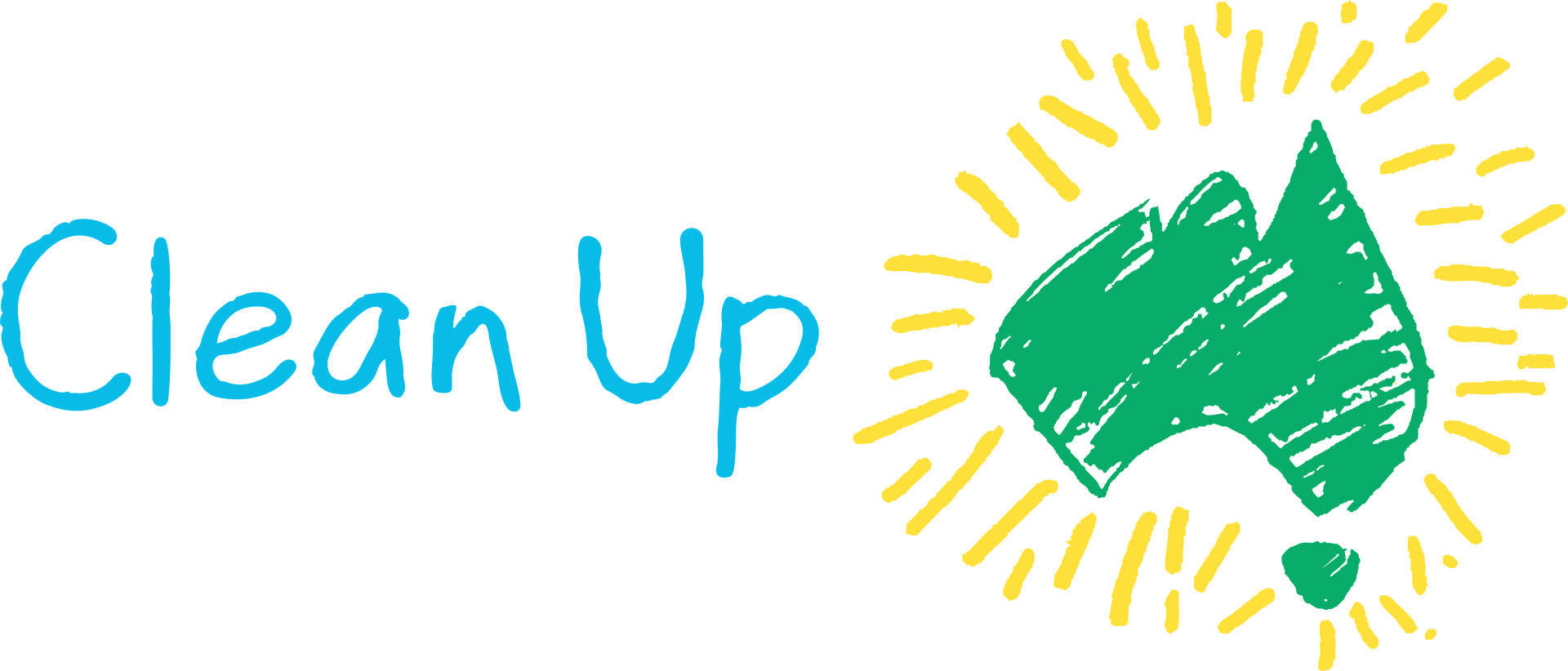State Governments Step Up and Single-Use Plastics bans gain traction
Lightweight plastic bags, disposable plastic straws and cutlery, plastic cotton buds and microbeads will be banned in NSW from next year, while WA premier Mark McGowan announced the state would accelerate its original plan and see single-use plastic bowls, cups, plates, cutlery, straws, stirrers, polystyrene food containers, thick plastic bags and helium balloon releases banished by 31 December this year – four years earlier than its initial 2025 target.
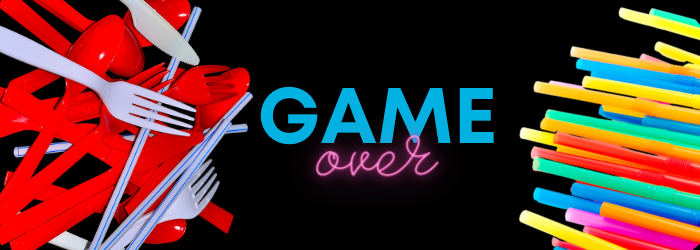
State and Territory Round Up
South Australia’s ban on single-use plastic products is a huge leap in the right direction towards ensuring we keep Australia clean for centuries to come.
However, most other states and territories are significantly lagging behind and there is still a long way to go to stop plastic polluting our nation.
So, how does your state or territory stack up in the war against single-use plastic?
UPDATED 15/06/2021
South Australia
South Australia is currently the only Australian state with a single-use plastic ban in effect. The state also led the nation by introducing a ban on lightweight plastic bags back in 2009 and a container deposit scheme way back in 1977!
Western Australia
Western Australia
banned plastic bags in 2018 and implemented a
container deposit scheme in October 2020. In June 2021, the
Government announced it has fast-tracked its Plan for Plastics with single-use plastic bowls, cups, plates, cutlery, stirrers, straws, polystyrene food containers, thick plastic bags and helium balloon releases to be phased out by the end of the year.
Queensland
From 1 September 2021, single-use plastic straws, stirrers, cutlery, plates and expanded polystyrene products will join single-use plastic shopping bags on the banned list in Queensland. The state has had both a ban on plastic bags and a Container Deposit Scheme (Containers for Change) since 2018.
Victoria
Victoria banned the plastic bag back in 2019, and has legislated that single-use plastics will be banned across the state by February 2023. Victoria will be the last mainland state to introduce a container deposit scheme, which is intended to be operational in 2023.
New South Wales
In 2017, New South Wales implemented a community-focused container deposit scheme (Return and Earn) and in June 2021 announced that straws, stirrers, cotton buds and polystyrene cups will be phased out 12 months after legislation is passed, with a review on plastic cups, heavy bags and fruit stickers to be carried out within three years. A rollout of FOGO waste collection and an education program on disposing food and organic waste will also be funded as part of the $365 million, five-year strategy.
Tasmania
While Tasmania was a leader in banning plastic bags as early as 2013, they are yet to take a stand against single use plastic items. The state has plans for a container refund scheme to start in 2022.
Australian Capital Territory
The ACT was the first to phase out plastic shopping bags in 2011, followed by a container deposit scheme in 2018. The ACT Government introduced legislation to commence the ban on single-use plastics in February 2020, which will come into effect from July 2021. Initially, single-use plastic stirrers, cutlery and polystyrene takeaway food and beverage containers will be phased out, followed by additional items 12 months after the initial ban.
Northern Territory
The Northern Territory introduced a ban on plastic bags and .a container refund scheme in 2011 and 2012 respectively. In 2019, the City of Darwin introduced a ban on single-use plastics from all events held on Council land, however the ban is yet to be extended beyond this or territory-wide.
How Can You Take Action Against Single-Use Plastics?
We all have an important role to play when it comes to stopping the devastating impact of plastic pollution on our natural environment.
You don’t need to wait for your state or territory legislators to take action against single-use plastics. You can act now! Here are a few ways you can avoid single-use plastics and reduce waste:
- Email/Call your local member and Environment Minister and request a ban on all single-use plastics in your state or territory
- Refuse all single-use plastic items, including plastic straws
- Carry your own reusable kit, including shopping bags, cutlery, coffee cup and water bottle
- Support local cafes and businesses that use recyclable or compostable alternatives
- Continue to educate yourself, such as how to properly recycle your household waste
The latest Clean Up Australia Rubbish Report revealed that half of all single items reported in 2020 were either plastic or contain plastic and packaging overall continues to dominate rubbish counts, representing close to 50% of all reported rubbish during the year.
Clean Up Australia Chairman, Pip Kiernan said “As the nation's largest community-based environmental event, we’re very well known for our days of action, however we also know that prevention is better than a cure.
“It’s time to take responsibility for our reliance on single-use packaging and plastics and begin to make the right environmental choices every day. It was wonderful to see the Federal Government announce its first National Plastics Plan just last week and we now have five jurisdictions - SA, QLD, the ACT, WA and VIC, having either passed or having promised legislation to reduce single-use plastics.
“After many years of unwavering community action to reduce plastic pollution, 2021 promises to be the year that our governments step up to make a meaningful difference to the environment.”
Clean Up Australia has helped Aussies take practical environmental action for more than three decades, but Ms Kiernan says there is still more to be done.
“This country now produces 2.5 million tonnes of plastic waste each year, equating to 100kg per person. Of this, only 13% of plastic is recovered and 84% is sent to landfill. More concerningly, around 130,000 tonnes of the plastic we consume leaks into the environment each year," she said.
Search for other blog topics:
